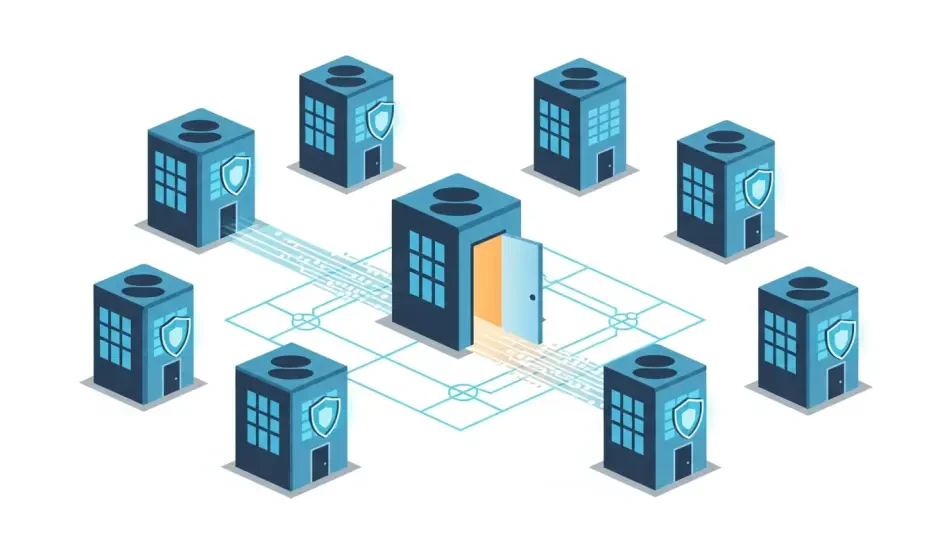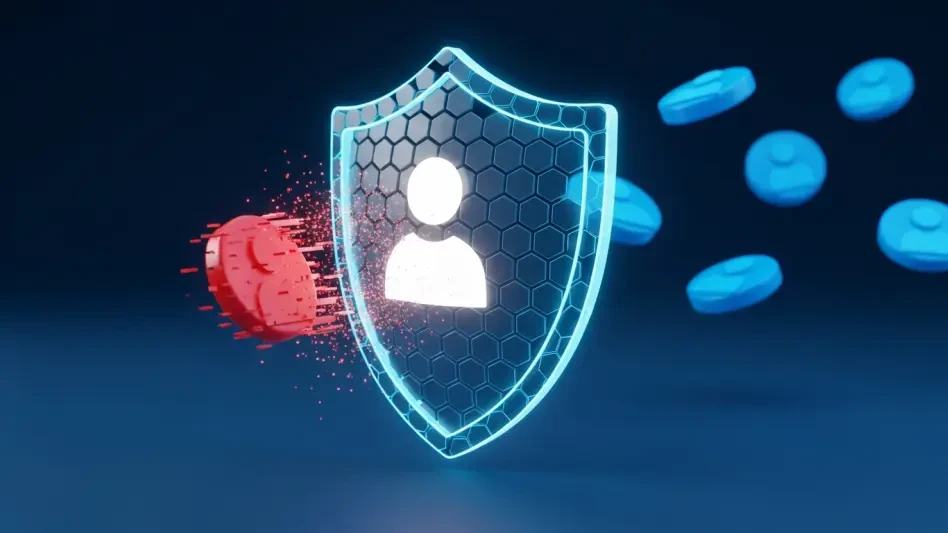In an age where digital vulnerabilities are often exploited at an unprecedented scale, the issue of weak passwords on File Transfer Protocol (FTP) systems persists as a critical concern. Although many sophisticated hacking techniques have evolved, cybercriminals continue to rely on simplistic password attacks to infiltrate networks. A recent study by cybersecurity researchers at Specops has exposed that an overwhelming number of FTP attacks are facilitated by easily guessable passwords. The persistent use of passwords such as “admin” and “123456” underscores the urgent need for organizations to adopt robust password protection measures. This issue highlights a broader problem within digital security landscapes, where outdated and weak default credentials pave the way for potential breaches, posing grave threats to data integrity and confidentiality. With FTP’s architecture often leaving clunky security protocols open to manipulation, the simplicity of password guessing remains an attractive entry point for infiltration.
Persistent Vulnerability of Weak Passwords
Despite the availability of advanced encryption and multi-factor authentication mechanisms, the reliance on simple passwords continues to render FTP systems vulnerable to brute-force attacks. FTP, a protocol primarily used to transfer files across networks, has become a common target due to its outdated design, which often employs unencrypted data transmissions. Cybercriminals exploit TCP port 21, a known conduit through which many FTP servers operate, preying on inadequate password policies to gain unauthorized access. Specops’ report revealed that passwords like “admin,” “root,” and “123456” were among the most exploited due to their simplicity and predictability. Research findings indicated that more than half of the attempted passwords consisted solely of numbers or lowercase letters, with a mere fraction incorporating a mix of diverse characters. This insufficient complexity illustrates the failure of users and administrators to innovate and enforce stringent password creation policies. As password length and complexity are known deterrents of unauthorized access, implementing stronger password guidelines could significantly impede efforts by attackers engaging in brute-force attempts.
Effective password management is crucial, as demonstrated by the glaring statistics that emerged from the study. When 87.4% of compromised passwords averaged lengths between six and ten characters, it highlighted an urgent policy gap. This falls significantly short of modern recommendations, such as those from NIST, which advocate for a minimum of 15 characters in length combined with diverse character use. Despite overwhelming indicatives for better practices, many organizations still rely on outdated systems that persistently compromise security. FTP’s role as a data conduit, transmitting essential and often sensitive information, elevates the need for securing credentials to an imperative level. Organizations must move beyond convenience and embrace longer, more complex password frameworks to prevent data breaches effectively. Such shifts in standard security practices could protect against the rudimentary attacks that prevail due to human and system vulnerabilities alike.
Need for Enhanced Security Protocols
Remote Desktop Protocol (RDP) attacks contrast significantly with FTP’s approach, incorporating advanced encryption that hampers basic password guessing attempts. These differences are vital, as they delineate FTP’s weaknesses—weak security measures and less advanced encryption—making it more susceptible to data theft and malware deployment. The report by Specops paints a dire picture of the current security ineffectiveness and stresses the need for immediate remedial action. Cybersecurity specialists emphasize the need for organizations to draft and enforce comprehensive password management policies that demand a mix of uppercase, lowercase, numbers, and special characters. By doing so, they can dismantle nearly 99% of attack vectors predominantly reliant on simple password structures. Moreover, exploring alternatives such as passphrases and deploying multi-factor authentication can bolster defenses against unauthorized FTP access attempts.
As the cyber threat landscape evolves, adapting more stringent security measures remains not a choice but a necessity. Proper education and training on the importance of password complexity can empower users with the knowledge to prevent security breaches proactively. Implementing real-time monitoring and deploying intrusion detection systems can further augment security efforts by providing timely alerts on suspicious access attempts. Through a continuous commitment to enhancing cybersecurity measures, organizations can transition away from being reactive to potential threats and develop proactive mechanisms that fortify FTP defenses comprehensively. By recognizing the integral role that robust password policies play in safeguarding network integrity, businesses can better shield themselves from the perils of cybercrime.
Forward-Looking Cybersecurity Strategy
In today’s digital age, vulnerabilities are exploited at an alarming rate, with weak passwords on File Transfer Protocol (FTP) systems remaining a major issue. Despite advances in hacking techniques, many cybercriminals persist with simple password attacks to breach networks. A recent Specops cybersecurity study reveals that a substantial number of FTP attacks occur because of easily guessable passwords. Common passwords like “admin” and “123456” highlight the urgent need for organizations to enforce strong password practices. This situation illustrates a broader digital security challenge where outdated and weak default credentials create opportunities for breaches, threatening data integrity and privacy. The architecture of FTP often leaves security protocols vulnerable, making password guessing a tempting method for hackers to exploit. Clearly, simplifying password defenses invites intrusion, pressing the need for enhanced security measures to protect sensitive information and maintain confidentiality in our increasingly interconnected world.








